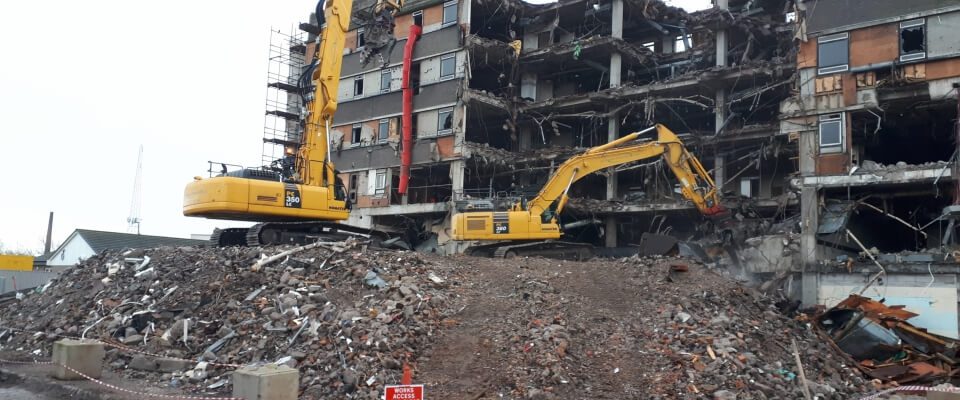
Eddisons secures £20m to improve 48 schools across UK
Property consultant Eddisons has secured a total of £20m in funding to improve buildings at 48 schools across the UK. The capital funding, obtained via the Government’s Condition Improvement Fund (CIF) programme, will be used to enhance school and sixth form college buildings and improve safety and energy efficiency.
The CIF is an annual bidding scheme that enables academy schools and colleges to apply for funding for the upkeep of their buildings, and to fund expansion projects for schools that have been rated good or outstanding by Ofsted.
Eddisons’ Leeds, Newcastle, and Manchester-based project consultancy division specialises in securing CIF funding for schools and has seen a £5m increase in successful bids for 2019, up from £15m in 2018. The team has also been appointed to design and project manage the safe delivery of all the successful applications.
Ian Harrington, who heads Eddisons building and project consultancy team, said: “We are really proud of our success rate for this year’s round of CIF bids, announced just last week, with 55 successful bids in total across the UK.
“Education is a key sector for us at Eddisons and one where we are seeing growing demand for our services. We are continuing to expand our team and are focused on doing the best job we can for our school and college clients.
He added: “It is tremendously rewarding to be able to guide schools through the maze of the CIF bidding process and as we are involved throughout the process we see the tremendous difference that these improvements can make to a whole school community.”
Eddisons has also secured £1m in Urgent Capital Support funding for UK schools in need of emergency repair projects this year. The firm is also working with schools and colleges to help them secure funding from the £25m Salix fund for projects that improve energy efficiency.
Eddisons has secured a total of £20m in funding to improve buildings at 48 schools across the UK.
Written by: Ian Harrington on Tuesday 09/04/2019










